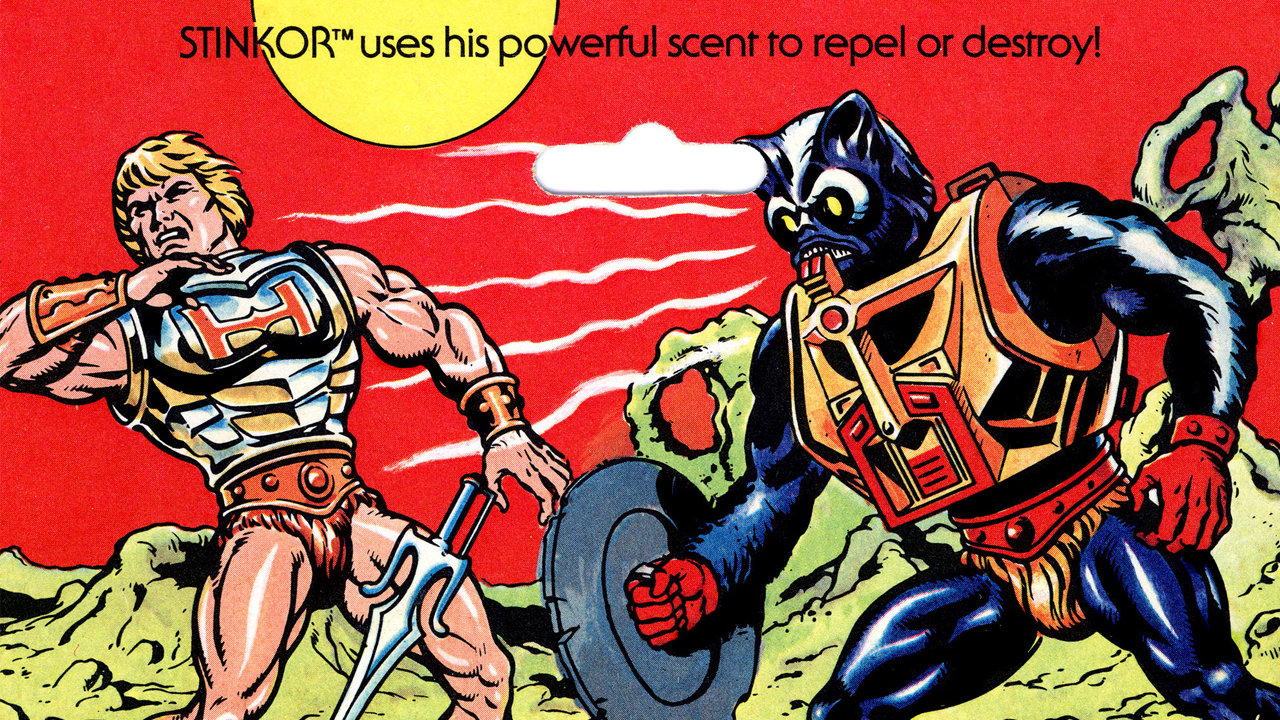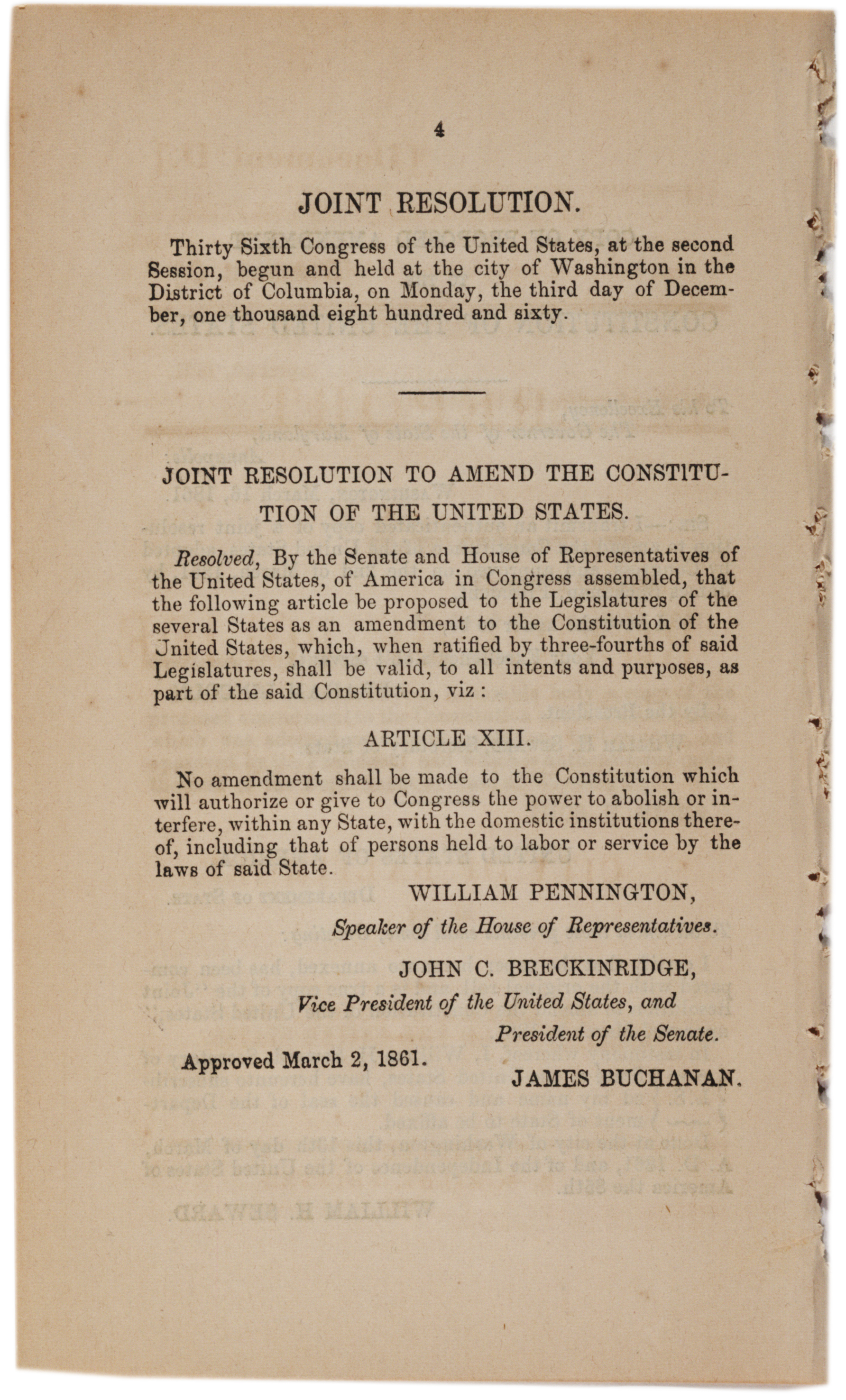We would apologize, but you assholes were unapologetically enslaving an entire ethnic group to work in your fields.
The North didn't invade the south because of slavery. The south seceded because of slavery. The north invaded a full year and a half before they declared slavery illegal. They invaded because they refused to take the economic hit of no longer having an agrarian underclass.
There are many countries where being homosexual is a death sentence. Should we invade them, too? Or is it not worth it because of economic and logistic realities?[DOUBLEPOST=1475702247,1475701817][/DOUBLEPOST]The north also tried to convince southern states not to secede by drafting a consitutional amendment that would have protected slavery as an insitution forever.
https://www.gilderlehrman.org/histo...d-thirteenth-amendment-prevent-secession-1861
In the wake of the presidential election of 1860 that brought Abraham Lincoln to the White House, the slaveholding states of the American South, led by South Carolina, began withdrawing from the nation. In the midst of this constitutional crisis, President James Buchanan, still in office until Lincoln’s inauguration in March 1861, tried to reassure the South that their slave property would remain safe, even under the incoming Republican administration. He asked Congress to draw up what he called an “explanatory amendment” to the Constitution that would explicitly recognize the right of states to sanction human bondage and allow slaveholders to retain their human property. In response, the House of Representatives established a thirty-three member committee under the leadership of Representative Thomas Corwin of Ohio to prepare a draft for the President’s consideration.
Within weeks, the committee delivered the “Corwin Amendment” to the House, a document many hoped would mollify the South. This proposed Thirteenth Amendment reflected the apprehension of those who in late 1860 believed they were witnessing the dissolution of the nation. Without using the word “slavery” or “slave,” the proposed amendment would deny “to Congress the power to abolish or interfere, within any State, with the domestic institutions thereof, including that of persons held to labor or service by the laws of said State.” The amendment, officially designated Joint Resolution No. 80, passed the House of Representatives in late February by the convincing vote of more than two-thirds of the membership. It was delivered to the Senate just days before Lincoln’s inauguration and although most members of that body supported it, opponents were successful in blocking the amendment on a parliamentary technicality. Lincoln sent the amendment to the states for consideration. Only Ohio and Maryland ratified it. The copy of the amendment provided here is the one sent to Maryland for approval.
In 1865, at the end of the war, a very different constitutional amendment, bearing the same numerical designation, was proposed and finally passed; the ratified Thirteenth Amendment ended slavery throughout the United States.
The north didn't go to war to end slavery, it ended slavery to punish the south for the war.


